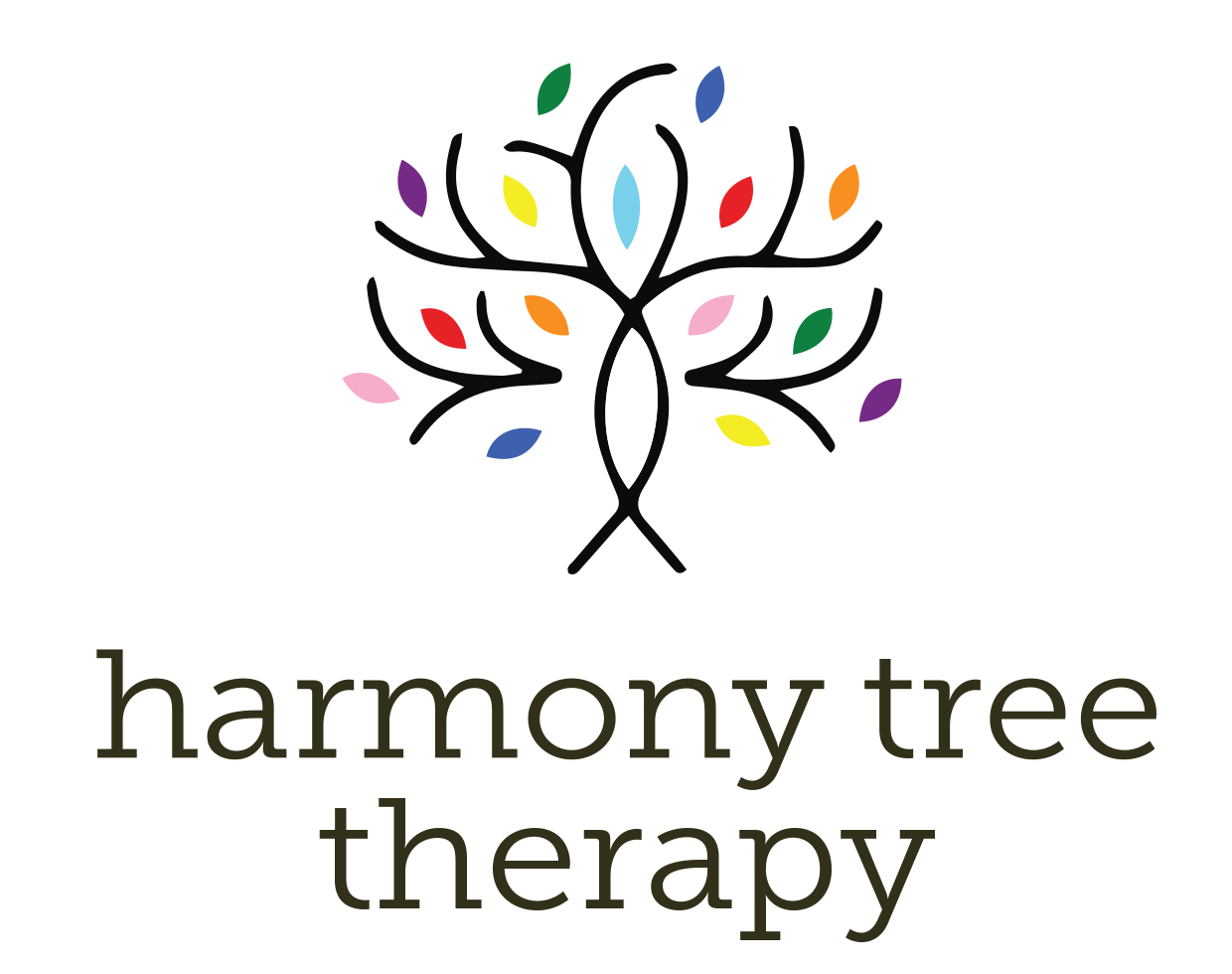Assumptions
Over the last month, I have noticed an overarching theme in
my counseling sessions with couples and individuals in relationships: ASSUMPTIONS.
Assumptions are often silent drivers of conflict, misunderstandings, and
resentment, yet they persist due to their seemingly innocuous nature. In
relationships, making assumptions about a partner’s thoughts, feelings, or
intentions is particularly problematic, as it often reflects our own biases or
insecurities more than the actual situation. Studies show that when we assume
the motives or attitudes of others, we tend to infer negative intentions more
readily than positive ones, a bias known as the “negativity bias.” This
inclination not only affects our emotional responses but also influences how we
react and communicate, ultimately impacting the health of our relationships.
One major consequence of making assumptions is the erosion
of trust, as partners feel misrepresented or misunderstood when assumptions
replace open dialogue. This may lead to a “self-fulfilling prophecy,”
where negative assumptions cause defensive reactions, creating conflict and
validating the inaccurate assumptions in the first place. Another significant
outcome is emotional distance; when assumptions take the place of
curiosity and communication, partners may start to disconnect, feeling that
they are not seen or valued for who they truly are. Lastly, assumptions can fuel
resentment over time. When unspoken assumptions accumulate,
misunderstandings last without resolution, creating a cycle of disappointment
and unmet expectations that can be hard to break.
To avoid the pitfalls of assumptions, it is essential to
cultivate habits that promote open communication and empathy. One
practical approach is to use clarifying language by asking questions
like “Can you help me understand what you meant by…” instead of interpreting
meaning from incomplete information. Building a habit of self-reflection
can also help, as it encourages individuals to examine whether their
assumptions stem from personal insecurities or past experiences rather than the
current situation. Lastly, practicing active listening, where partners
genuinely listen to each other’s perspectives without preemptive judgments, can
prevent assumptions from undermining understanding. With these strategies,
couples can replace assumptions with clarity, paving the way for more honest,
compassionate connections.

